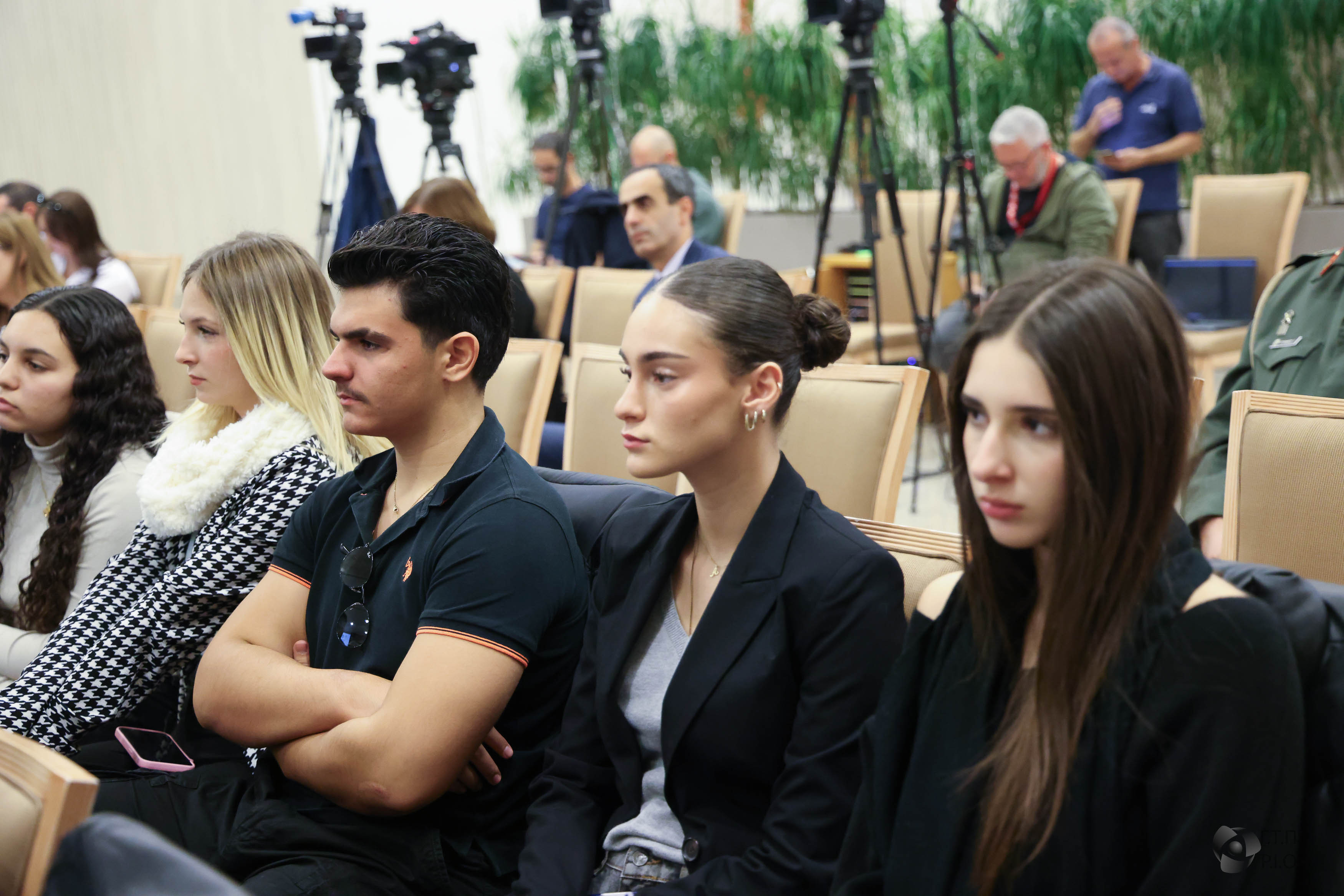President Nikos Christodoulides told young people on Friday the government was working on a number of initiatives to get them more involved in democratic engagement, including lowering the voting age from 18 to 17.
Addressing a ‘Public Consultation Day with Children’, Christodoulides lauded the existing role of the annual Children’s Parliament as a means of dialogue with young people.
“We want to hear your voice, your ideas, and your solutions,” he said. “You are not just the future; you are active contributors to the present.”
He highlighted the government’s commitment to cultivating a culture of participatory democracy, saying the children’s input to these kinds of dialogue was always taken seriously.
Speaking of the proposal to lower the voting age, he said one of the aims is to include the possibility of automatic registration on the electoral roll.
“It’s not just about granting voting rights,” he said, “but about creating the infrastructure to support meaningful participation. This includes targeted education in democratic dialogue through a structured programme across all levels of public education.”
He said the government planned to implement a ‘Structured Democratic Dialogue’ model in schools by 2025.
This would provide students with training in democratic discourse, aiming to eliminate ideological biases and foster critical thinking.
“Our goal is to prepare students not only to vote but to engage in a democracy constructively and thoughtfully,” Christodoulides said.
He added that the programme would complement existing efforts to modernise the education system, such as introducing 43 updated curricula focused on critical thinking and expanding all-day schools.

In addition, he said, the government has launched platforms like ‘Voice of the Citizen’ and ‘EkfraCY’ to encourage youth participation in policy.
The latter, designed exclusively for young people, has already logged several policy recommendations, he said. To increase participation the age to access the ‘EkfraCY’ platform would be reduced to 15.
“Youth participation is not just symbolic for us,” Christodoulides said. “These platforms are tools for real impact, and we’ve demonstrated that by incorporating your feedback into our governance.”
“Your ideas, passion, and critical thinking inspire us. You remind us of our responsibilities as a government and as citizens,” he concluded.


